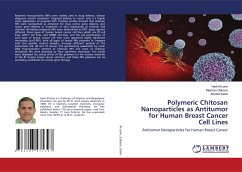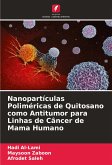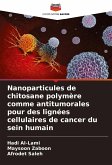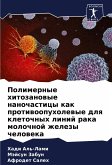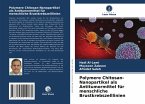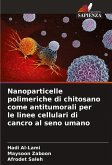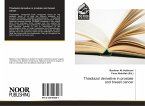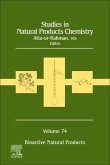Polymeric Nanoparticles (NPs) were widely used in drug delivery, disease diagnosis, and/or treatment. Targeted delivery to cancer cells is a highly smart application of polymers NPs. Previous studies showed that chitosan NPs were represented as attractive for drug vector, gene delivery, and tumor gene delivery or treatment. In vitro cytotoxicity of chitosan and chitosan derivatives prepared NPs were determined as MTT assay, against different three types of human breast cancer cell lines which are BT cell lines, MCF-7 cell lines, and SKBR3 cell lines, and the cell proliferation of each type of breast cancer cell lines were appeared highly significant decreasing (p<0.001), with all types of tested NPs polymers in compare with the positive control samples, through different periods of the experiment (24, 48 and 72 hours). The genotoxicity assessment by mean DNA fragmentation method of Chitosan NPs and some of Chitosan derivatives NPs were detected by Flow cytometry technique. The values were displayed the safety effect of the polymers on the nuclear materials of the BT human breast cancer cell lines, and these NPs polymers can be promising candidates for cancer gene therapy.
Bitte wählen Sie Ihr Anliegen aus.
Rechnungen
Retourenschein anfordern
Bestellstatus
Storno

